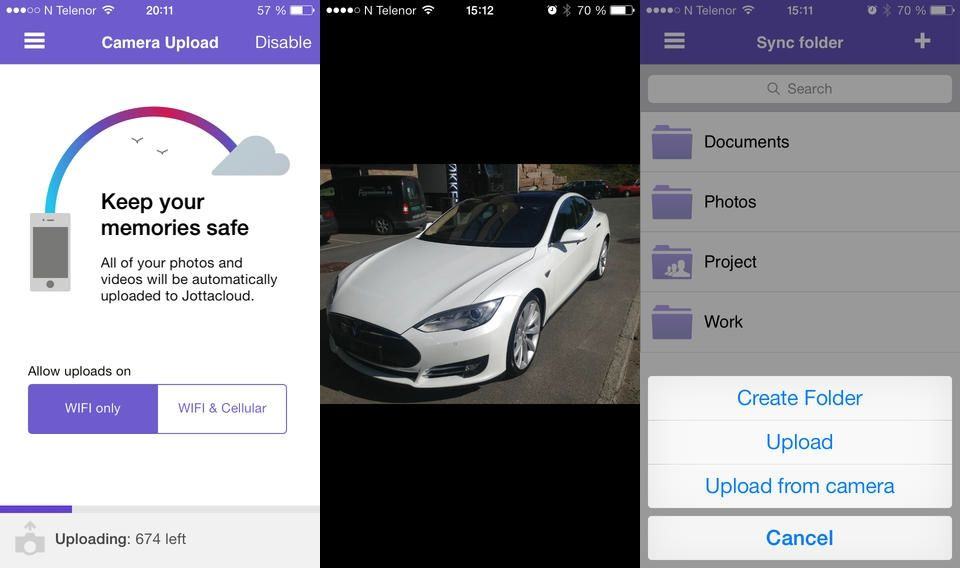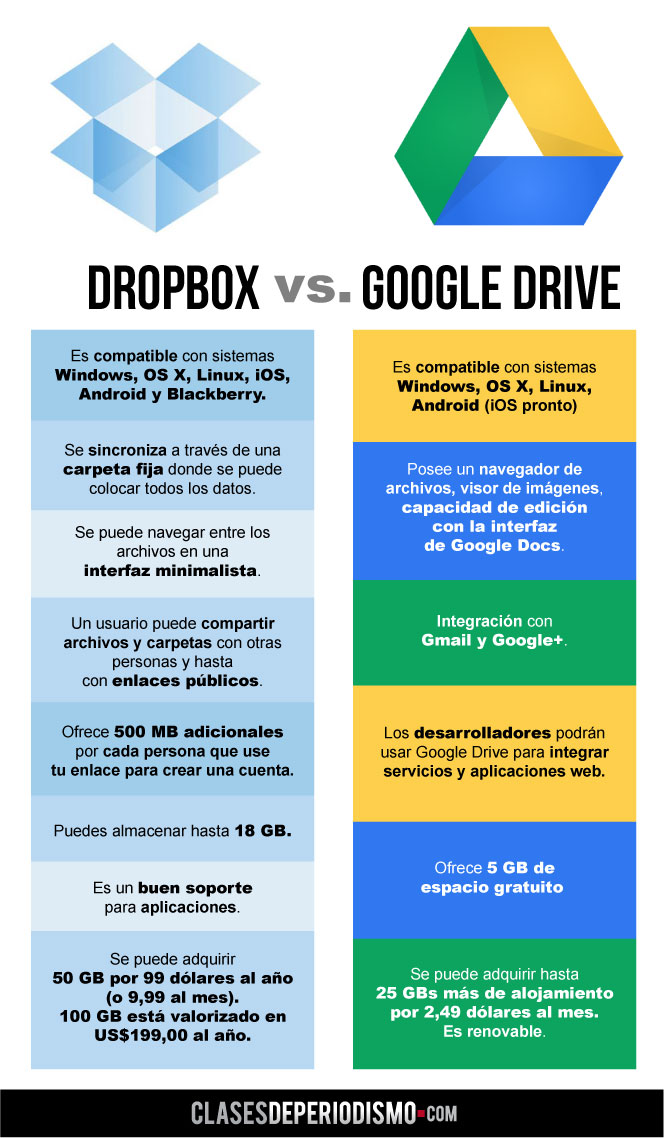
Winamp was so fun back in the day because it was edgy and shiny and didn’t look like windows media player or the other more mainstream vanilla players out there. It looks like a near ripoff of the colors and fonts of. I don’t know why you’re getting so many downvotes, it’s true.
#Jottacloud vs dropbox Offline#
That is because KeePassX/KeePassXC is an offline app that reads a database (.kdbx file) you have on your computer. > you can use that own its own without an online account. So even if it is hacked, the only thing the hackers get is an encrypted blob. > What if gets hacked They only store the encrypted vaults, which is useless without your master password.
#Jottacloud vs dropbox software#
The same company has more expensive software for larger scale backups.

For Linux and MacOS cost is $30 per computer.

Rsync based, so it may choke on large numbers of small files.Ĭommercial, $50 per Windows computer, up to 5 computers. Linux, or other POSIX compliant system (best on Linux, included in Ubuntu) Millions of files in millions of directories can be very slow to back up, and detecting changes to that many files can be beyond many free backup options.
#Jottacloud vs dropbox 64 Bit#
Windows Server 2008 and higher (both 32 and 64 bit versions).Windows Vista and higher (both 32 and 64 bit versions).While "archive" tier storage is listed, we do not suggest using them for backups primarily due to API related costs Some Cloud Storage Provider Options and Pricing as of 11/2020 - Trade-offs will be in terms of storage cost, API cost and restore speed. If you don't use an all-in-one provider, then you will need to choose both backup software and a destination for your data. Read the fine print, as none are designed to handle the needs of a lab, and while they may be able to handle you, pricing will most likely be higher. Backblaze is only for Windows and Mac, While Spider Oak also supports Linux. That includes the backup software and the cloud storage costs bundled into a single fee. All-in-one providersīackblaze, Spider Oak, MEGA, and Crashplan all have backup services designed to back up a single machine or small group of machines, rather than multiple terabytes of scientific data. The main takeaway from this is that if your research data is made up of many millions of small files inside of millions of directories, then between the expense and complexity of backing it up to a cloud provider, you may be better off keeping your data on Engram, and letting Research Computing handle the backups.


 0 kommentar(er)
0 kommentar(er)
